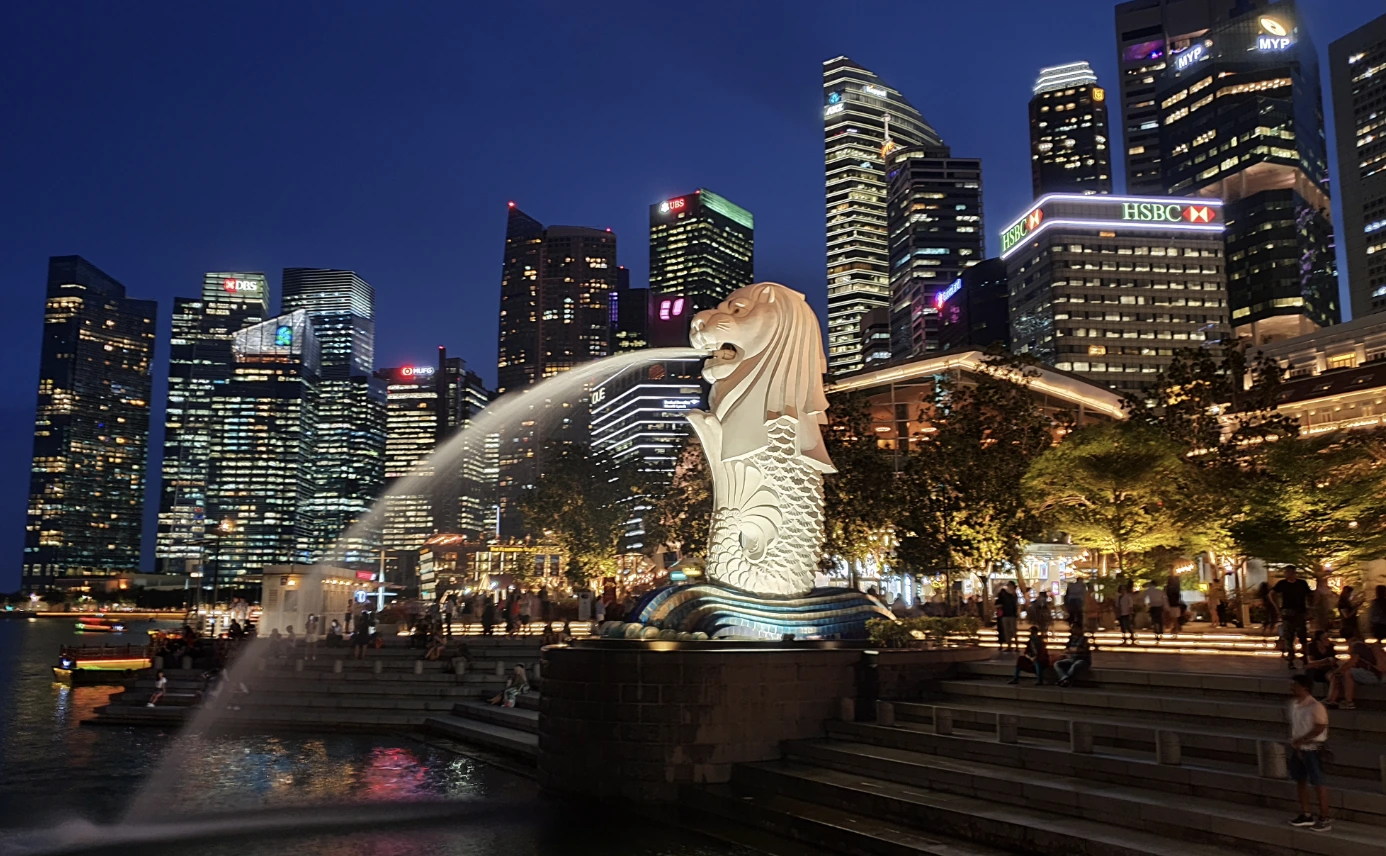
Image from Wikimedia Commons
Singapore Considers New Law to Combat Deepfakes in Elections
In a Rush? Here are the Quick Facts!
- Singapore plans to allow candidates to flag deepfakes.
- Proposed bill empowers officers to correct misleading content.
- The upcoming election highlights the challenge of manipulated media.
In a move to enhance public trust in its electoral process, Singapore is contemplating legislative changes that would allow candidates to flag deepfake videos of themselves during elections, as reported today by the SCMP.
The SCMP notes that Senior Minister of State for Digital Development and Information, Janil Puthucheary, announced this proposal during the Festival of Ideas at the Lee Kuan Yew School of Public Policy.
The upcoming general election will see Singapore join a growing number of jurisdictions addressing the challenge of manipulated media.
The proposed Elections (Integrity of Online Advertising) (Amendment) Bill would empower the Returning Officer to issue corrective directions to publishers or service providers when digitally altered content misrepresents candidates.
Additionally, candidates could publicly clarify the authenticity of their statements, with penalties for non-compliance, including fines and imprisonment.
Puthucheary highlighted the potential for AI-driven tools to manipulate voter perceptions, underscoring the bill’s focus on safeguarding the integrity of information in the electoral landscape.
Interestingly, a recent report by the Centre for Election Technology and Security found that AI-generated disinformation and deepfakes did not impact the outcomes of the 2024 European elections, as most AI-enabled disinformation reinforced existing political beliefs rather than swaying undecided voters.
However, the report raises ethical concerns about AI’s role in democracy, noting instances of misleading AI-generated content and the need for clear labeling in political advertising.
The concern about the impact of AI on democracy was also outlined in a recent United Nations report, which emphasizes the need for a global framework to monitor and govern AI
This initiative follows Singapore’s previous efforts to combat misinformation, including the Protection from Online Falsehoods and Manipulation Act (Pofma) and the Foreign Interference (Countermeasures) Act.
As the global conversation around deepfakes intensifies, Singapore’s legislative efforts could serve as an experimental example in maintaining electoral integrity and public confidence in democratic institutions.


 Previous Story
Previous Story

 Latest articles
Latest articles 

Leave a Comment
Cancel